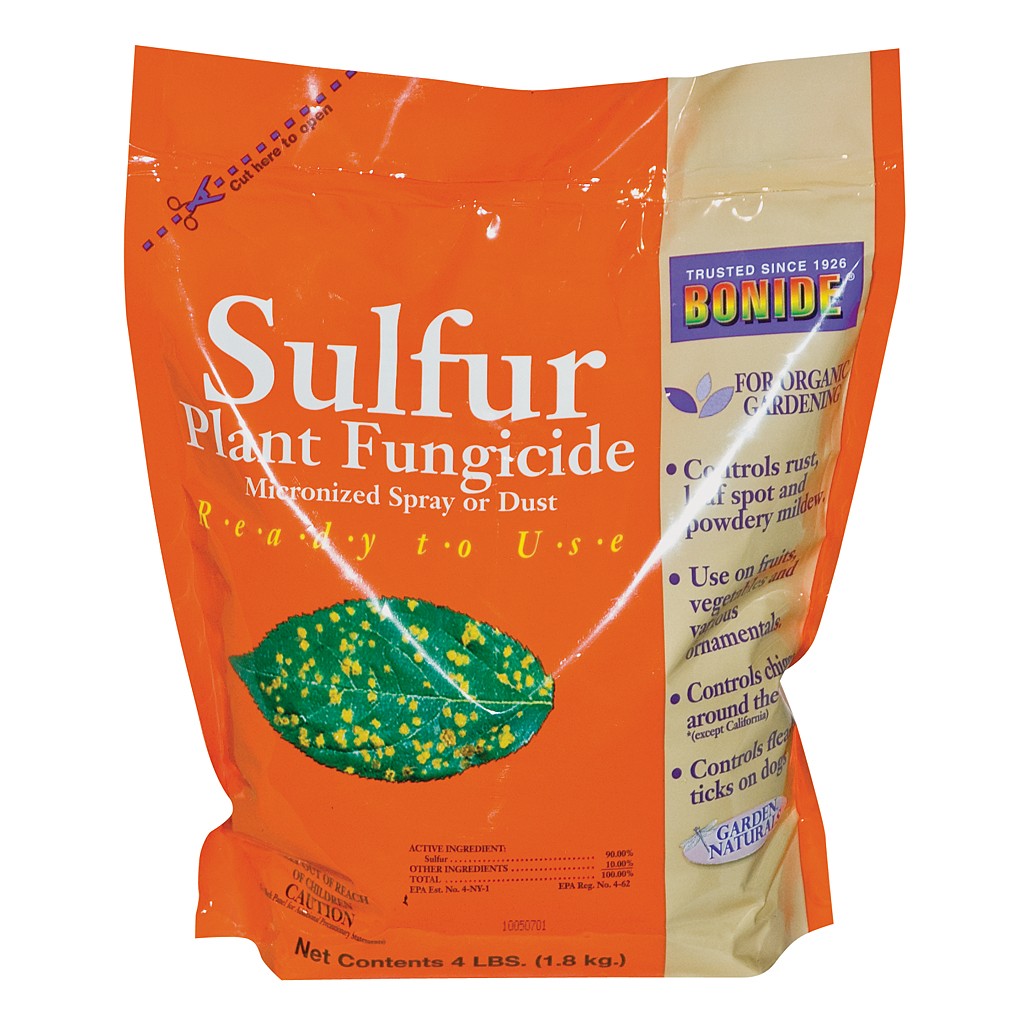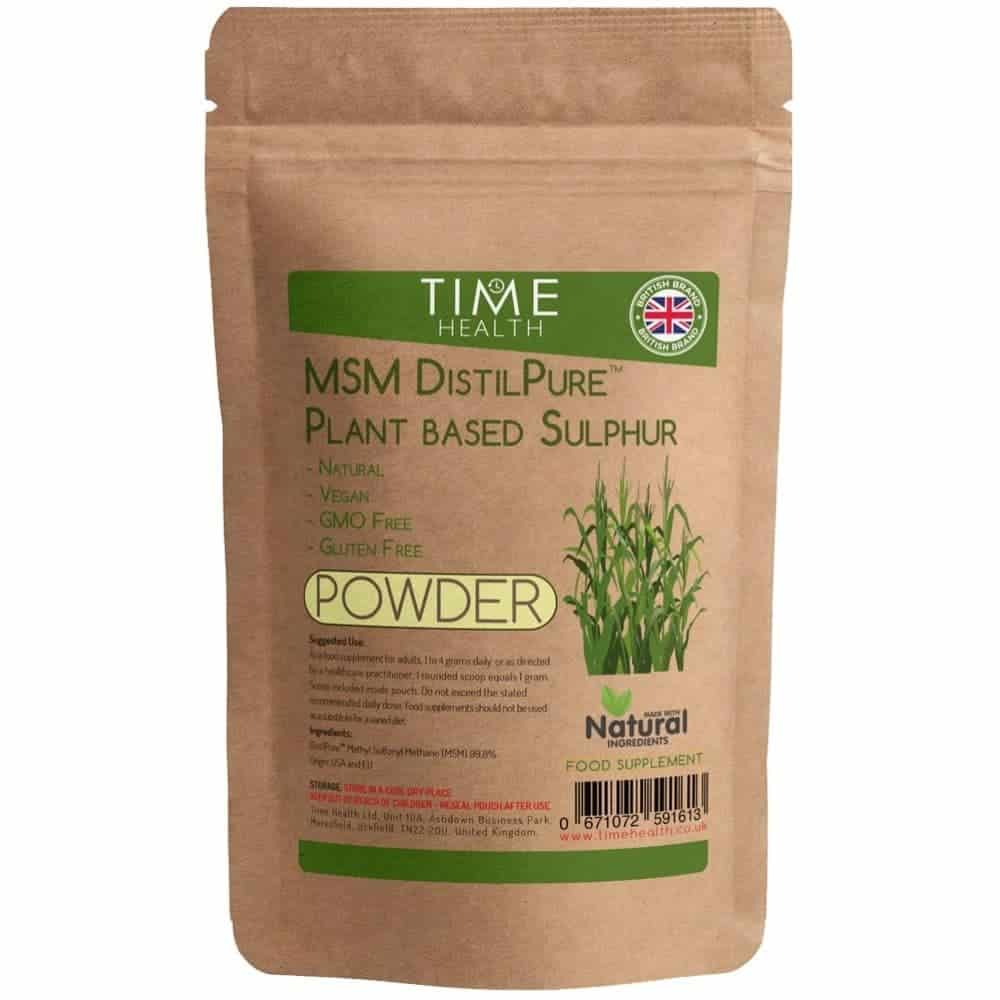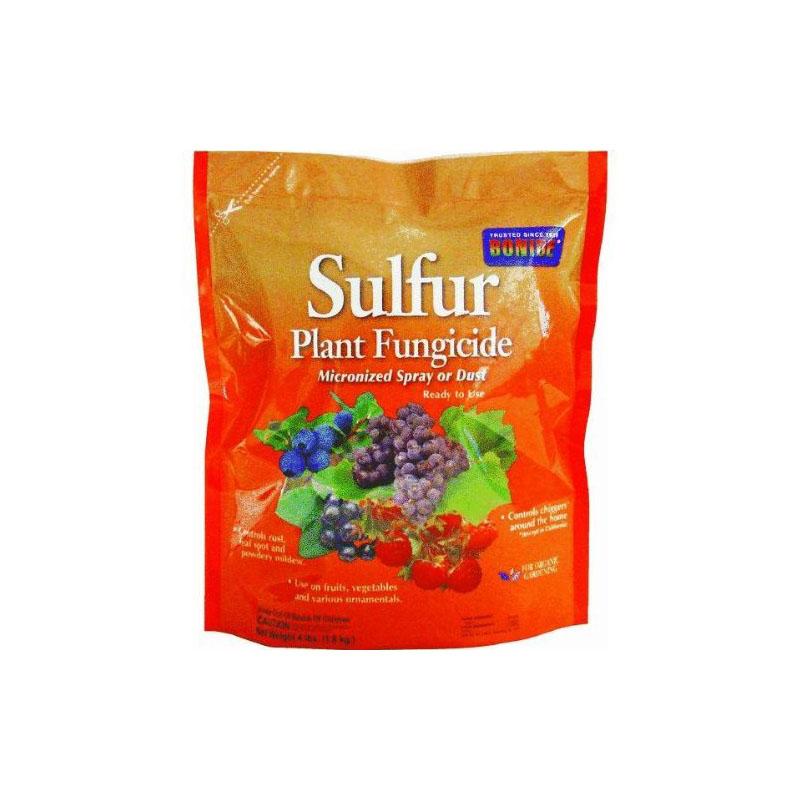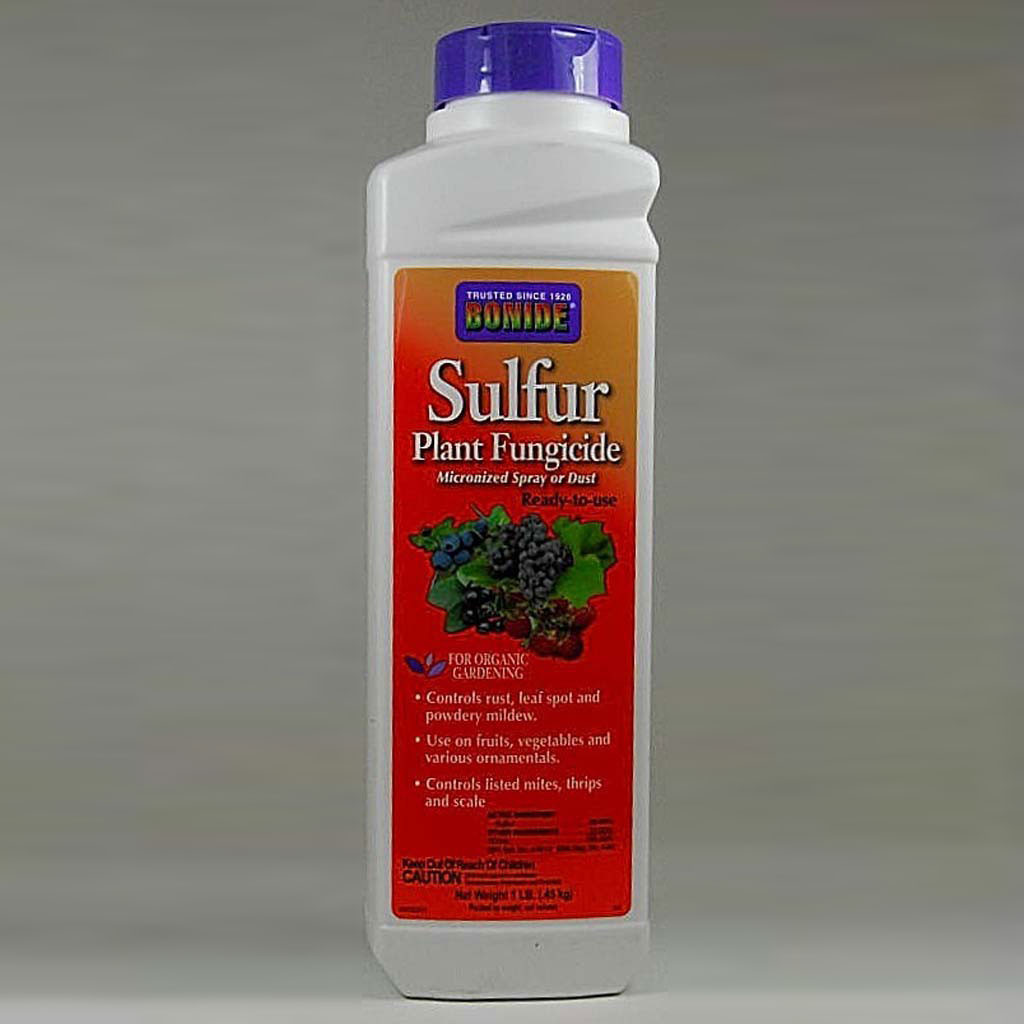Your Sulfur powder for plants images are ready in this website. Sulfur powder for plants are a topic that is being searched for and liked by netizens today. You can Get the Sulfur powder for plants files here. Download all free vectors.
If you’re searching for sulfur powder for plants pictures information connected with to the sulfur powder for plants topic, you have visit the right blog. Our website always gives you hints for viewing the maximum quality video and picture content, please kindly hunt and find more informative video articles and images that match your interests.
Sulfur Powder For Plants. Advantages of adding sulfur powder to the soil. The gas can mix with moisture on plants to form an acid that can damage plant leaves. Make yourself a super easy homemade plant duster so you can dust your crops, plants with sulfur powder easily and uniformly. It helps in maintainingthe appropriate ph of the soil, thereby betteruptake of other nutrients, better crop stand,key ingredient in the process ofphotosynthesis,.
 Sulfur Plant Fungicide Growing Supplies Ison�s Nursery From isons.com
Sulfur Plant Fungicide Growing Supplies Ison�s Nursery From isons.com
It is available in several formulations including a rtu spray, wettable powder and dust. It can be used by plants to incorporate nitrogen into proteins and is also required to produce chlorophyll and other enzymes. Make yourself a super easy homemade plant duster so you can dust your crops, plants with sulfur powder easily and uniformly. Sulfur is a natural element that is toxic to fungus. What is the role of sulfur in plants? For example, if your soil tests at 8.0, this application rate will lower it to 7.0, an acceptable ph for a vegetable.
If you enjoy my content and would like me to make my channel even better then consider donating here:
Part of how sulfur interacts with plants involves being a catalyst for photosynthesis, which will be important to know when diagnosing a sulfur deficiency. Agricultural sulfur is produced in the form of flowable sulfur for use on vine crops. Get it as soon as mon, nov 15. Some plants, like mustard, onion, and garlic, need sulfur to produce flavor. Use on roses, grapes, citrus, Sulfur halts the rot on cuttings from fleshy plants like begonias.
 Source: timehealth.co.uk
Source: timehealth.co.uk
Spring application and incorporation work best. The best soil ph ranges from 5.8 to 7.0. Sulfur is burned or vaporized to control fungus, mites, or insects. Use on roses, flowers, ornamentals, vegetables and small fruits. Breathing the gas can be harmful to human health.
 Source: johnsonsofpikeville.com
Source: johnsonsofpikeville.com
Aside from its function in the soil, our elemental sulfur can also be used outdoors to repel pests like snakes, chiggers, and various other insects that you don�t want hanging about your lawn or garden plantings. It can be used by plants to incorporate nitrogen into proteins and is also required to produce chlorophyll and other enzymes. Sulfur is also a crucial part of the process that creates new proteins in plants, which affects growth and vitality. It is an irreplaceable part of all the proteins that the plant generates as part of its structure, which allows it to grow and develop well and of some hormones that plants produce and intervene in the formation of compounds oils of different types. Beside this, how do you use sulphur powder?
 Source: guildfordgardencentre.com.au
Source: guildfordgardencentre.com.au
Added to the soil, it can decrease the ph and sodium levels. What is the role of sulfur in plants? Reapplication is required after heavy rain. It is dosed from 7,5 to 12,5 g for 10. However, it’s important to understand how you should properly use sulfur before you decide to apply it.
 Source: northeastnursery.com
Source: northeastnursery.com
Powdered sulphur is the coarser grade and is useful for making soil slightly acidic. Dusting sulfur is also a fungicide. It works best when applied on dry leaves. For example, if your soil tests at 8.0, this application rate will lower it to 7.0, an acceptable ph for a vegetable. Apply it at the usual gardener�s rate, one handful per.
 Source: guildfordgardencentre.com.au
Source: guildfordgardencentre.com.au
This is a super easy build, you’. The purdue extension recommends applying 1 1/2 lbs. It is available in several formulations including a rtu spray, wettable powder and dust. Sulfur is a secondary macronutrient for plants, compromising several plant amino acids. Sulfur dust that controls powdery mildew, rust, scabs and mites.
 Source: greenwaybiotech.com
Source: greenwaybiotech.com
You can apply sulfur powder directly to the soil or diluting a small amount in the irrigation water. Sulfur supports several different plant functions, like the formation of enzymes. Powdered sulphur is the coarser grade and is useful for making soil slightly acidic. The stem is dipped in sulfur before propagating. Advantages of adding sulfur powder to the soil.
 Source: fruit.fertilizerguide.biz
Source: fruit.fertilizerguide.biz
Advantages of adding sulfur powder to the soil. You have two ways of carrying out the process. Sulfur powder is easy to find online or in garden centers. If the soil ph is greater than 5.5, apply elemental sulfur (s) to decrease the soil ph to 4.5 (see table 1). The purdue extension recommends applying 1 1/2 lbs.
 Source: globalpetproduct.com
Source: globalpetproduct.com
Sulfur controls powdery mildew and fungus on leaves. Get it as soon as mon, nov 15. Apply it at the usual. Make yourself a super easy homemade plant duster so you can dust your crops, plants with sulfur powder easily and uniformly. Sulfur is burned or vaporized to control fungus, mites, or insects.
 Source: hydrobuilder.com
Source: hydrobuilder.com
Applied topically, it works as a fungicide and a pesticide. Wettable powders are applied by dusting or spraying plants. However, it’s important to understand how you should properly use sulfur before you decide to apply it. Soil bacteria convert the sulfur to sulfuric acid lowering the soil ph. Sulfur powder is easy to find online or in garden centers.
 Source: ebay.co.uk
Source: ebay.co.uk
Wettable powders are applied by dusting or spraying plants. Sulfur is an element that exists in nature and can be found in soil, plants, foods, and water. Use on roses, flowers, ornamentals, vegetables and small fruits. Sulfur helps produce necessary enzymes and plant proteins within the plant. Use on roses, grapes, citrus,
 Source: ebay.com
Source: ebay.com
It is used for the control and prevention of black spot, rusts, leaf spots and powdery mildew on roses, other ornamentals, fruits and vegetables. Sulphur wdg has wide applications inagriculture industry. If the soil ph is greater than 5.5, apply elemental sulfur (s) to decrease the soil ph to 4.5 (see table 1). Available in a 300 g (10.5 oz) container. When used correctly, sulfur does not harm plants.
 Source: harmonyfarm.com
Source: harmonyfarm.com
It can be used by plants to incorporate nitrogen into proteins and is also required to produce chlorophyll and other enzymes. If you enjoy my content and would like me to make my channel even better then consider donating here: When used correctly, sulfur does not harm plants. Beside this, how do you use sulphur powder? It helps in maintainingthe appropriate ph of the soil, thereby betteruptake of other nutrients, better crop stand,key ingredient in the process ofphotosynthesis,.
 Source: pinterest.com
Source: pinterest.com
Lowering the soil ph value. Added to the soil, it can decrease the ph and sodium levels. The best soil ph ranges from 5.8 to 7.0. Of garden sulfur for every 100 square feet in order to lower the ph one full number. Once you determine the rate of application from the product label, add the liquid into a hand or power sprayer and apply it to the plants.
 Source: timehealth.co.uk
Source: timehealth.co.uk
Advantages of adding sulfur powder to the soil. Get it as soon as mon, nov 15. Powdered sulphur is the coarser grade and is useful for making soil slightly acidic. Sulfur halts the rot on cuttings from fleshy plants like begonias. Use on roses, grapes, citrus,
 Source: ebay.com
Source: ebay.com
The stem is dipped in sulfur before propagating. Beside this, how do you use sulphur powder? Sulfur supports several different plant functions, like the formation of enzymes. Soil bacteria convert the sulfur to sulfuric acid lowering the soil ph. Sulfur powder is easy to find online or in garden centers.
 Source: kent.ca
Source: kent.ca
What is the role of sulfur in plants? However, it’s important to understand how you should properly use sulfur before you decide to apply it. Sulfur is burned or vaporized to control fungus, mites, or insects. Sulfur supports several different plant functions, like the formation of enzymes. Sulfur is a natural element that is toxic to fungus.
 Source: pinterest.com
Source: pinterest.com
This is a super easy build, you’. Some soils especially in the limestone regions may have a high ph of about 8.0 with 50% lime. Get it as soon as mon, nov 15. Breathing the gas can be harmful to human health. The purdue extension recommends applying 1 1/2 lbs.
 Source: isons.com
Source: isons.com
Wettable powders are applied by dusting or spraying plants. For example, if your soil tests at 8.0, this application rate will lower it to 7.0, an acceptable ph for a vegetable. Sulfur is a secondary macronutrient for plants, compromising several plant amino acids. It is used for the control and prevention of black spot, rusts, leaf spots and powdery mildew on roses, other ornamentals, fruits and vegetables. Sulfur supports several different plant functions, like the formation of enzymes.
This site is an open community for users to submit their favorite wallpapers on the internet, all images or pictures in this website are for personal wallpaper use only, it is stricly prohibited to use this wallpaper for commercial purposes, if you are the author and find this image is shared without your permission, please kindly raise a DMCA report to Us.
If you find this site adventageous, please support us by sharing this posts to your own social media accounts like Facebook, Instagram and so on or you can also bookmark this blog page with the title sulfur powder for plants by using Ctrl + D for devices a laptop with a Windows operating system or Command + D for laptops with an Apple operating system. If you use a smartphone, you can also use the drawer menu of the browser you are using. Whether it’s a Windows, Mac, iOS or Android operating system, you will still be able to bookmark this website.






